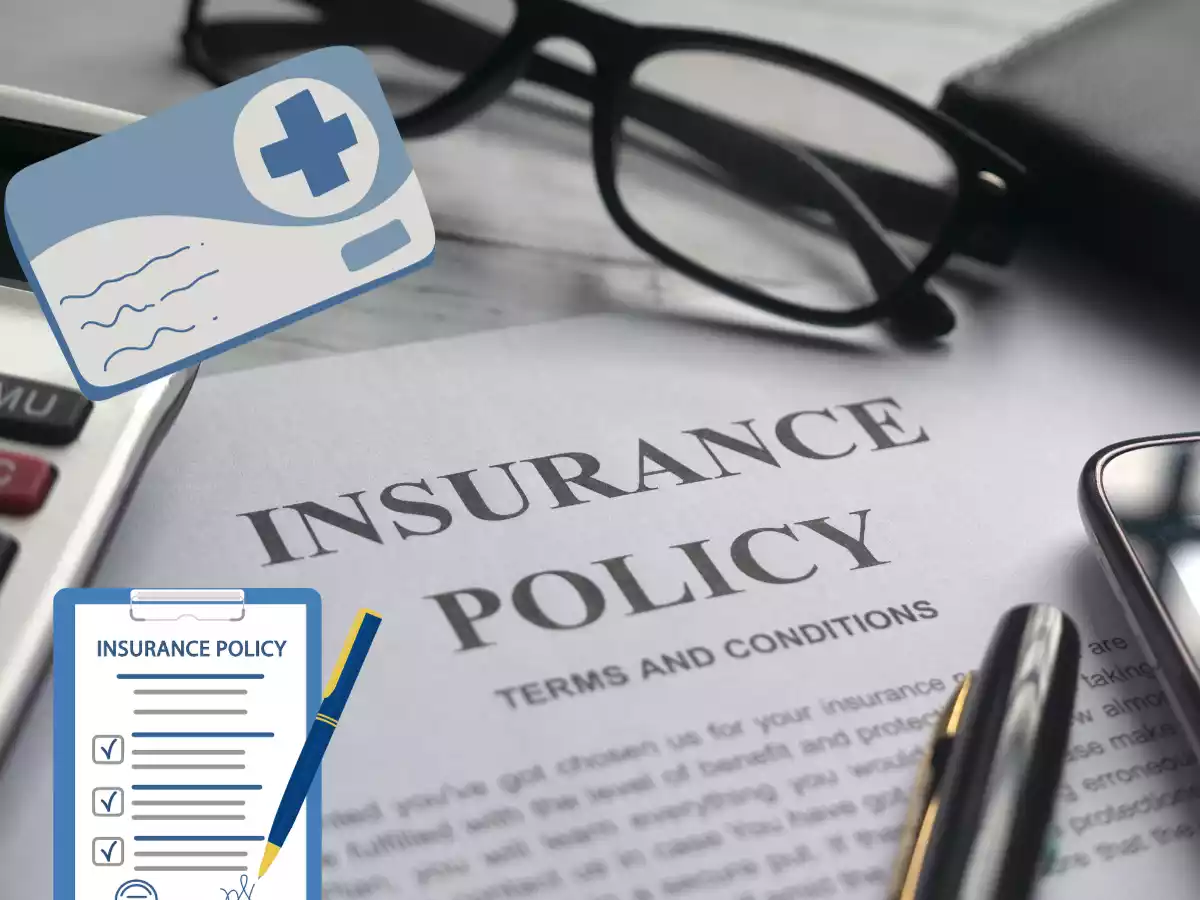Health insurance is a critical component of your financial and medical well-being. It provides coverage for various healthcare services, ensuring that you can access medical care when you need it most. Your health insurance policy number is a vital piece of information that you’ll need for medical appointments, claims, and other healthcare-related activities. But what if you don’t have your insurance card handy? In this article, we’ll explore how to find your health insurance policy number without your card.
1. Check Your Email or Online Account
In today’s digital age, many insurance providers send policy information via email or offer online account access. If you’ve registered for an online account with your insurance company, log in and navigate to the policy section. There, you should find your policy number along with other essential details.
2. Contact Your Insurance Company
If you can’t access your policy number online, your next step should be to contact your insurance company directly. Call their customer service hotline, and provide them with your personal information, including your full name and date of birth. They will verify your identity and provide you with your policy number over the phone.
3. Refer to Previous Billing Statements
Your previous billing statements from your healthcare providers may also include your policy number. Look through any invoices or statements you’ve received from hospitals, doctors, or clinics. The policy number is often listed on these documents for reference.
4. Check Your Health Insurance App
Many health insurance companies have mobile apps that provide access to policy information. Download your insurance provider’s app and log in using your account credentials. Your policy number should be readily available in the app.
5. Visit Your Insurance Company’s Website
If you don’t have a mobile app, visit your insurance company’s official website. Most insurance providers have a member portal where you can log in to access your policy details. Navigate to the policy section to find your policy number.
6. Review Your Welcome Materials
When you initially enrolled in your health insurance plan, you likely received welcome materials in the mail or electronically. These materials typically include your policy number. Check your email inbox or physical files for these documents.
7. Contact Your Employer (If Employer-Sponsored)
If your health insurance is provided through your employer, you can contact your HR department or benefits coordinator. They should have your policy number on record and can assist you in retrieving it.
8. Check for Insurance Cards from Previous Years
Sometimes, people keep old insurance cards even after receiving new ones. Check your wallet, purse, or files for any outdated insurance cards. Your policy number may still be valid.
9. Review Tax Documents
Your policy number may also appear on tax-related documents, especially if you’ve claimed medical expenses as deductions. Review your previous tax returns or consult with your tax preparer for this information.
10. Reprint a New Insurance Card
As a last resort, consider contacting your insurance company to request a new insurance card. They will likely need to verify your identity, but once done, they can send you a new card with your policy number.
Conclusion
Your health insurance policy number is a crucial piece of information for accessing medical care and processing insurance claims. While it’s essential to have your insurance card handy, there are several ways to retrieve your policy number without it. Be sure to keep a record of your policy number in a safe and easily accessible place to avoid future inconveniences.
FAQs (Frequently Asked Questions)
- Is the policy number the same as the member ID number?
No, the policy number and member ID number are typically different. The policy number identifies your specific insurance policy, while the member ID number identifies you as the policyholder or member. - Can I use my Social Security Number (SSN) as my policy number?
In most cases, your SSN is not used as your policy number to protect your privacy and identity. Your insurance company will assign a unique policy number. - What if I have multiple insurance policies?
If you have multiple insurance policies, such as primary and secondary coverage, each policy will have its own policy number. Be sure to distinguish between them. - How often should I check my policy number?
It’s a good practice to verify your policy number whenever you receive a new insurance card or policy document. Additionally, check it annually during your open enrollment period. - Can I change my policy number?
Policy numbers are typically assigned by the insurance company and are not changeable by the policyholder. If you have concerns about your policy number, contact your insurance provider for guidance.
Read more:https://wink24news.com/
More related
